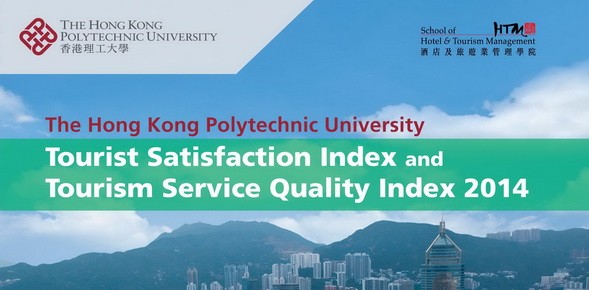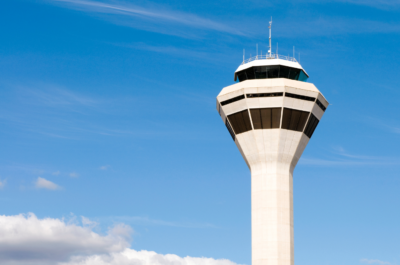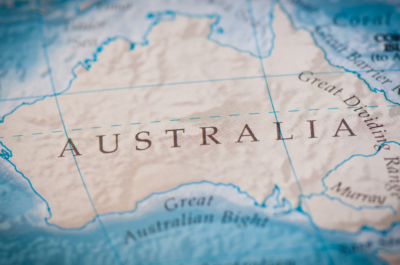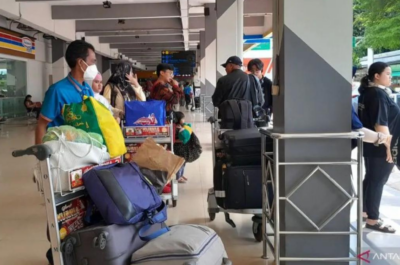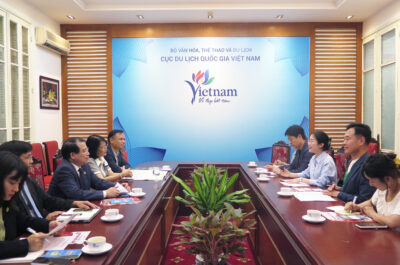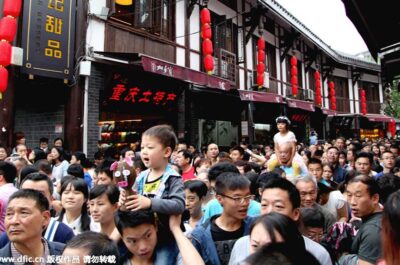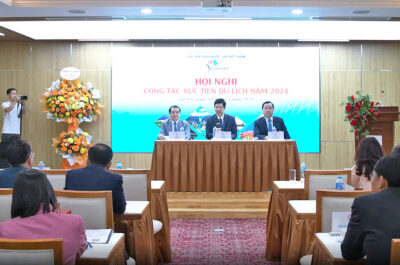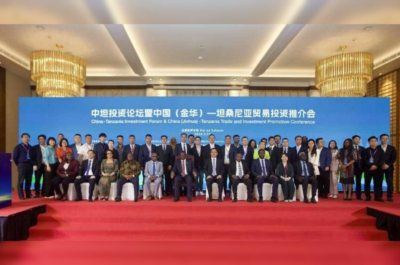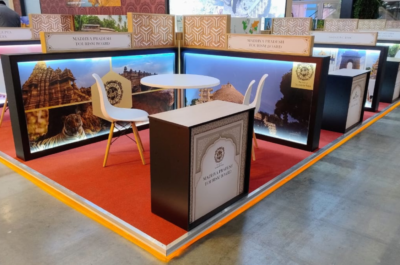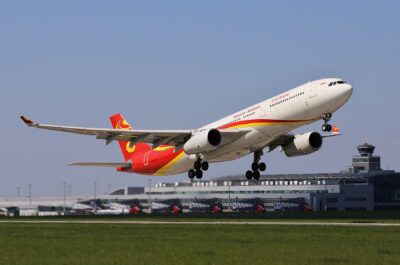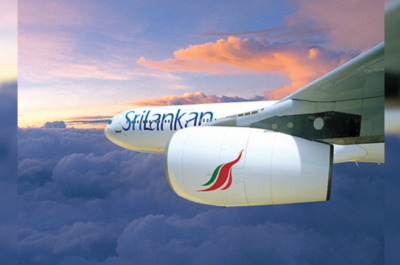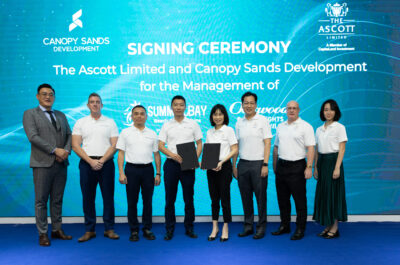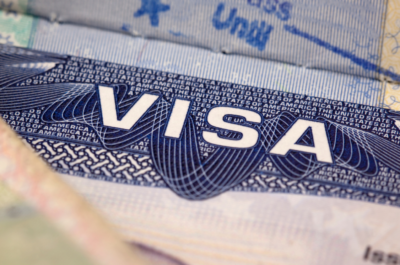The PolyU TSI dropped 1.46 points from 75.96 in 2013, representing the largest decline in the six years since the index was launched in 2009.
The School of Hotel and Tourism Management (SHTM) of The Hong Kong Polytechnic University (PolyU) released a report on the PolyU Tourist Satisfaction Index (PolyU TSI) and the Tourism Service Quality Index (PolyU TSQI), presenting both indices for Hong Kong in the year 2014. The 2014 PolyU TSI and PolyU TSQI stood at 74.50 and 74.51 respectively, both recording year-on-year drops.
The PolyU TSI dropped 1.46 points from 75.96 in 2013, representing the largest decline in the six years since the index was launched in 2009. At the same time, the PolyU TSQI recorded a drop of 2.79 points from 77.30 in 2013. Survey data for both indices were collected between October and November 2014 at a time when Hong Kong was affected by factors such as the slowdown of the Chinese economy and various social and political issues.
Against this backdrop, the Americas were the source market receiving the highest TSI score of 81.16, a drop of 0.11 points from 81.27 in 2013. This was followed by Australia, New Zealand and the Pacific (79.65) dropping 1.64 points, Europe, Africa and the Middle East (76.81) with a dramatic drop of 2.46 points, South and Southeast Asia (75.60) dropping 0.88 points, Mainland China (73.58) dropping 0.39 points, Taiwan and Macau (71.25) dropping 0.41 points, and Japan and Korea (66.98) dropping 0.61 points.
Among the six service sectors, transportation received the highest TSI score followed by attraction, immigration, hotels, retail shops and restaurants.
The PolyU TSI evaluates service sector competitiveness not only over time but also across international tourist destinations. In fact, it has been adopted by an increasing number of destinations, including Singapore and Macau in 2010, China’s Guangdong province in 2012 and Australia in 2014. “Although statistics show that tourists are less satisfied with Hong Kong than they have been,” explained Professor Haiyan Song, SHTM Associate Dean and Principal Investigator of the PolyU TSI, “when comparing to destinations adopting the PolyU TSI framework, the city managed to outperformed Meizhou, Foshan, Shenzhen, Guangzhou and Macau with the exception of Australia.”
Launched in 2012, the PolyU TSQI is a weighted average of the six tourism service quality indices, measuring overall tourism service quality.
Among the seven source markets, tourists from the Americas recorded the highest TSQI score of 81.69, dropping 1.12 points compared to the previous year, followed by Australia, New Zealand and the Pacific (80.11) dropping 2.17 points, Europe, Africa and the Middle East (78.13) dropping 2.44 points, South and Southeast Asia (75.71) dropping 1.05 points, Mainland China (74.90) dropping 1.46 points, Taiwan and Macau (72.62) dropping 1.20 points, and Japan and Korea (65.60), dropping 3.26 points.
The overall PolyU TSQI score was 74.51 for 2014, 0.01 point higher than the PolyU TSI of 74.50 for the same year. The deviation between the two indices indicated areas where service performance failed to boost tourist satisfaction. “Serving as barometers of tourist satisfaction and tourism service quality for destinations, the two indices provide significant information for tourism stakeholders to formulate strategic plans to rebuild visitors’ interests and develop the tourism industry in a sustainable manner,” Professor Kaye Chon, SHTM Dean and Principal Investigator of the PolyU TSQI said. “The SHTM is committed to bringing cutting-edge research to business practice, thereby addressing the global challenges that the tourism industry faces.”

Theodore is the Co-Founder and Managing Editor of TravelDailyNews Media Network; his responsibilities include business development and planning for TravelDailyNews long-term opportunities.













